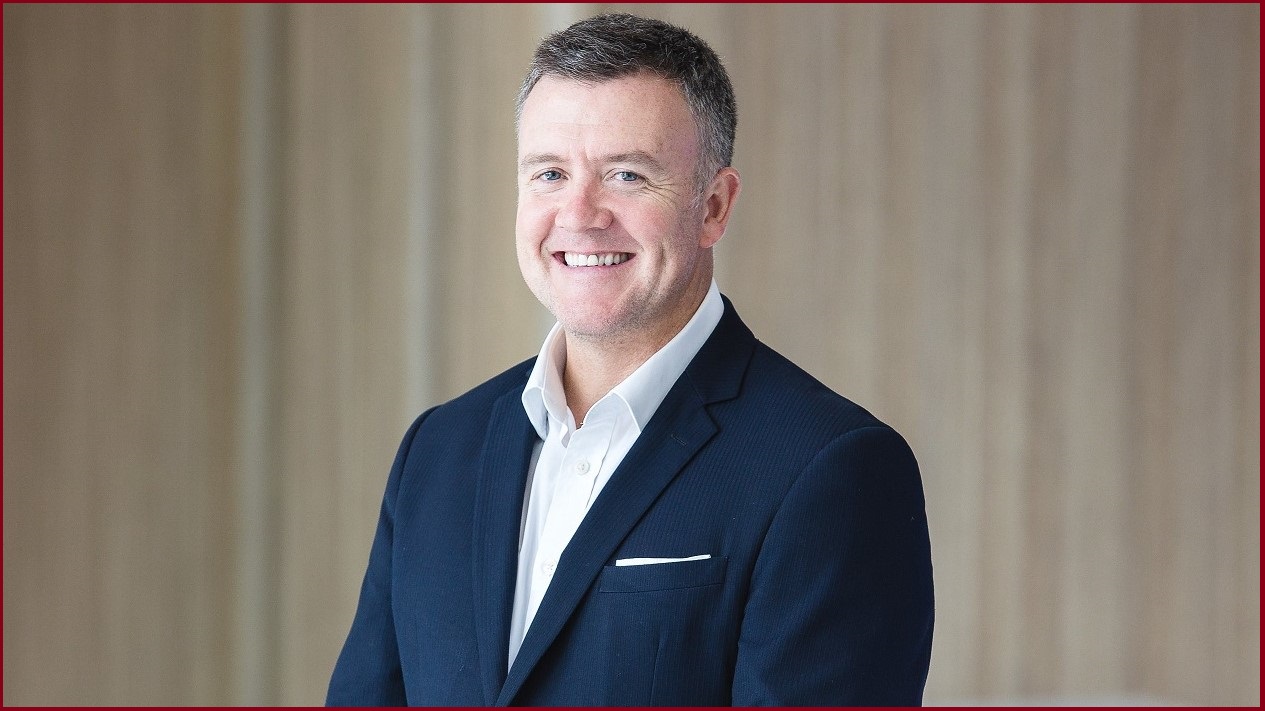I am Vice President (Community Boards), a national officer bearer under the ACS Rules. There are three Vice Presidents, with the additional two being Vice President (Academic Boards) overseeing technical areas and Vice President (Membership Boards) overseeing professionalism areas. ACS takes a portfolio approach to areas of significant interest to ACS.
One area I am looking forward to with the proposed governance changes is the removal of ambiguity. For example, while my title includes Community Boards, I focus on our members, by understanding what the future looks like for IT professionals, and determining what strategies and focus areas will assist ACS membership in the future.
This is not to be confused with the Vice President (Membership Boards) who looks after all areas of professionalism, ethics, professional standards development and maintenance, accreditation and certification standards.
I am also on the Board of the Australian Council of Professions , professionalism umbrella for more than 20 professional associations including ACS, Engineers Australia, Australian Dental Association, and the Australian College of Health Informatics to name but a few.
In my board director position, I am particularly focussed on the membership side. The greater the number of professional bodies participating, the greater the influence and advocacy around professionalism.
A key input into the strategy development of the Australian Council of Professions has been the work of Belinda Moore who has been researching how professional bodies themselves are becoming disrupted. A key message is that association leaders must be prepared to make the changes necessary to move forward, otherwise you can be replaced by newer more adaptable competitors.
Belinda identifies five shifts required for associations to move forward including Technological; Generational; Competition, Mergers and Consolidations; Tangibility (that is, productive outcomes rather than membership numbers); Personalisation; and Community.
ACS was becoming disrupted with the proliferation of free online education materials, and professionals becoming increasingly time poor, impacting on their ability to attend in-person professional development events outside of normal working hours. We know there are no normal working hours when it comes to the tech profession, being the enabler for all other industries, and as a result our digital resources are now experiencing higher use than the in-person events we have historically been known for.
I have found it very inspiring that the large number of our elected members have been across these landscape changes and have been planning for how to ensure we are best placed to deliver productive outcomes into the future being the next five to ten years.
As part of my current portfolio, I oversee the Fellows award process. I know we have some incredible high achievers within the ACS membership, with some members serving on publicly listed company boards, or working as global experts in their specific discipline.
Today we have a long apprenticeship type model for members to be elected to the ACS Management Committee. The common pathway, which is also one that I took, is that members are elected onto Branch Executive Committees, after some years of service they are elected as the Chair of the Branch Executive Committee, they then participate on Congress, and after some years may be elected from Congress onto the Management Committee. This requires an unusually long dedication of service and has historically resulted in a small pool of candidates for election onto MC. This approach also stops independent directors joining.
Direct election means that some of our high-level influencers, already acting as board directors in other organisations, will be able to opt straight into board-level participation, and this excites me. It would be great to have some of the best governance experts in the country leading the ACS.
A direct election model also means the ACS will remain accountable to its members. It’s important that members are provided with an opportunity to raise any concerns about how the ACS is governed. At the moment, members don’t elect people onto MC, and that will change in the future when members do elect people onto the board. One member, one vote, is the better way forward.
Effectively ACS is restructuring the board to add value. The number of positions available on the board will be reduced, forcing an ever-increasing calibre of directors in the future. The directors will be required to act ethically and responsibly in discharging their director duties, whilst respecting the rights of members.
It’s an exciting time to be a member of the ACS.








